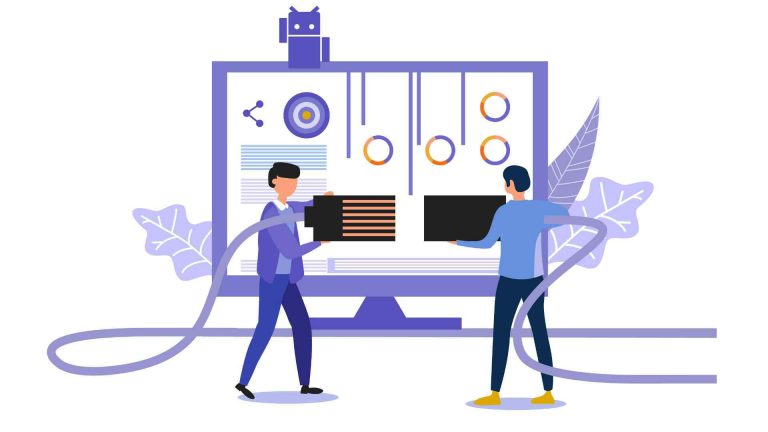APACHE
Apache Kafka is an open-source distributed streaming platform that was originally developed by engineers at LinkedIn and later donated to the Apache Software Foundation. The platform is designed to handle large amounts of data in real-time and is used by many companies worldwide, including Uber, Netflix, and Airbnb. Apache Kafka also includes a number of advanced features that make it a powerful tool for real-time data processing. For example, the platform supports stream processing, which allows developers to perform continuous transformations and analysis of data as it flows through the system. Apache Kafka also supports message partitioning, which allows large data streams to be split across multiple brokers for increased performance. Apache Kafka has become one of the most popular open- source projects in the world, with a large and active community of developers contributing to its development and maintenance. The platform has been widely adopted in industries such as finance, healthcare, and e-commerce, and is used by many companies to power their mission- critical data processing and analytics pipelines.
Apache Flink is an open-source stream processing framework that allows you to process massive amounts of data in real-time. It is designed to run batch processing, real-time processing, and stream processing applications with low-latency and high-throughput. The Flink course teaches students how to use Flink to build data processing pipelines and real-time applications. By taking a course in Flink, students can acquire the skills and knowledge necessary to build scalable and efficient real-time data processing applications. They can also learn how to effectively use Flink to handle complex data processing tasks. It supports a wide range of data sources and sinks, including Hadoop Distributed File System (HDFS), Apache Kafka, and Amazon S3.
Hadoop is an open-source framework used for distributed storage and processing of big data. The course of Hadoop is designed to provide students with a comprehensive understanding of the architecture and components of the Hadoop ecosystem, and how to use it effectively to manage, process and analyze large volumes of data. Students have the opportunity to work on real-world projects and case studies, providing them with practical experience using Hadoop in a professional setting. They also have access to a network of Hadoop experts and fellow students, providing them with ongoing support and resources as they continue to learn and use Hadoop. The course of Hadoop is an essential program for anyone involved in big data processing and analysis, including data scientists, data engineers, and software developers. With a comprehensive curriculum covering the architecture and components of the Hadoop ecosystem, the technical aspects of Hadoop, and how to use it for data processing, analysis, and visualization, students are equipped with the skills needed to succeed in a variety of roles in the field of big data.
There is a growing demand for PySpark professionals in the finance, healthcare, and technology industries. Learning PySpark can open up new career opportunities and increase earning potential for individuals with big data processing and analysis skills. Since PySpark is open-source, it is free to use, modify, and distribute. This has contributed to its popularity, as it has a large and active community of users and contributors constantly improving and enhancing its functionality. While at Florence, aspirants get to learn the latest of Pyspark in data cleaning, processing, analysis, and machine learning. It also supports multiple file formats, including CSV, JSON, and Parquet, making it flexible and adaptable to different data sources and workflows.
No posts found


















